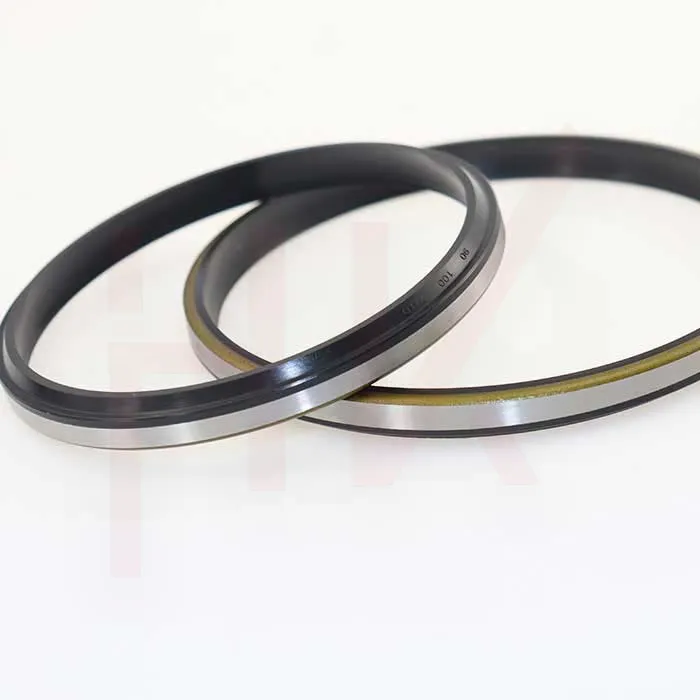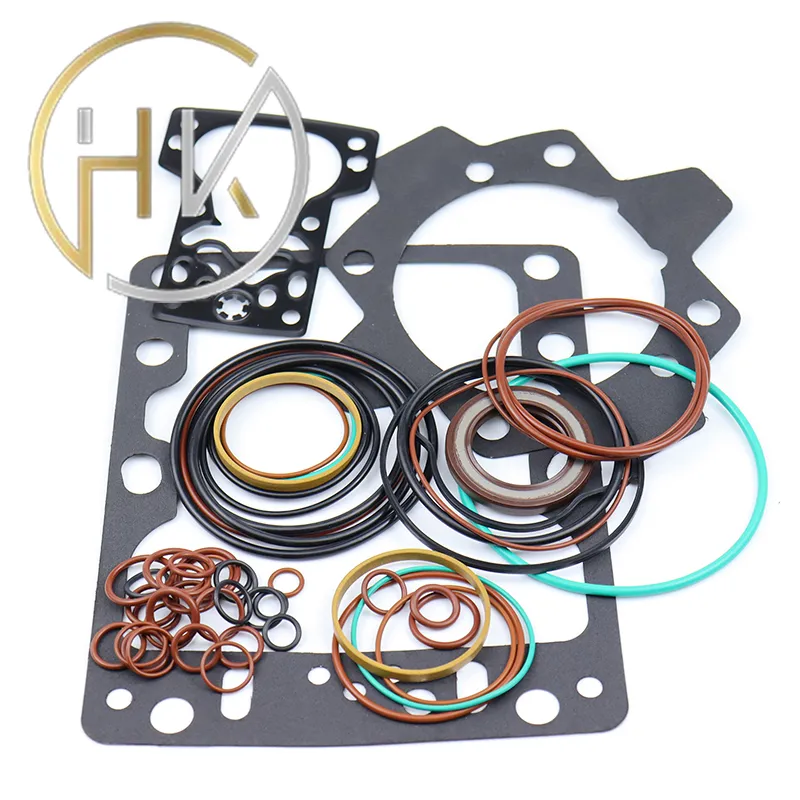Feb . 15, 2025 15:24 Back to list
Standard Hydraulic DKB Type Dustproof Wiper Oil Seal


When it comes to the installation of rear hub seals, entrusting the process to a professional mechanic is advisable, especially if you lack mechanical experience. The installation demands precision; incorrect placement can lead to severe damage, potentially compromising the safety of the entire wheel assembly. Trusted professionals possess the necessary expertise and tools to execute this task effectively, safeguarding against future failures. For those opting for a DIY approach, I cannot overstress the importance of acquiring an OEM (Original Equipment Manufacturer) seal. While aftermarket options might be tempting due to lower prices, they often lack the precise engineering and rigor-tested standards that OEM seals provide. With an OEM product, you ensure compatibility, durability, and the peace of mind that your vehicle will perform to its greatest potential. Anecdotal evidence underscores the significance of maintaining a vigilant eye on your rear hub seals. Take, for instance, the case of a long-distance truck driver who started noticing a decline in fuel efficiency and an odd grinding noise from the rear wheel. After a thorough inspection, it was discovered that a worn-out rear hub seal had led to oil leakage, compromising the wheel bearing. This minor component failure resulted in extensive repairs and vehicle downtime. Preventive maintenance, therefore, plays a vital role in circumventing such scenarios. In conclusion, while rear hub seals might seem like an inconspicuous component of your vehicle, their impact on its health and performance is substantial. Ensuring that they are of high quality, correctly installed, and routinely inspected is invaluable. Expert advice and professional installation further cement the trustworthiness and endurance of your vehicle. Remember, the longevity of your vehicle heavily relies on the sum of its parts—all functioning harmoniously. Prioritize your rear hub seals as you would any other critical automotive component, and you will ensure a smoother, safer ride for years to come.
-
TCN Oil Seal Metal Ring Reinforcement for Heavy Machinery
NewsJul.25,2025
-
Rotary Lip Seal Spring-Loaded Design for High-Speed Applications
NewsJul.25,2025
-
Hydraulic Cylinder Seals Polyurethane Material for High-Impact Jobs
NewsJul.25,2025
-
High Pressure Oil Seal Polyurethane Coating Wear Resistance
NewsJul.25,2025
-
Dust Proof Seal Double Lip Design for Construction Equipment
NewsJul.25,2025
-
Hub Seal Polyurethane Wear Resistance in Agricultural Vehicles
NewsJul.25,2025
-
The Trans-formative Journey of Wheel Hub Oil Seals
NewsJun.06,2025
Products categories
















